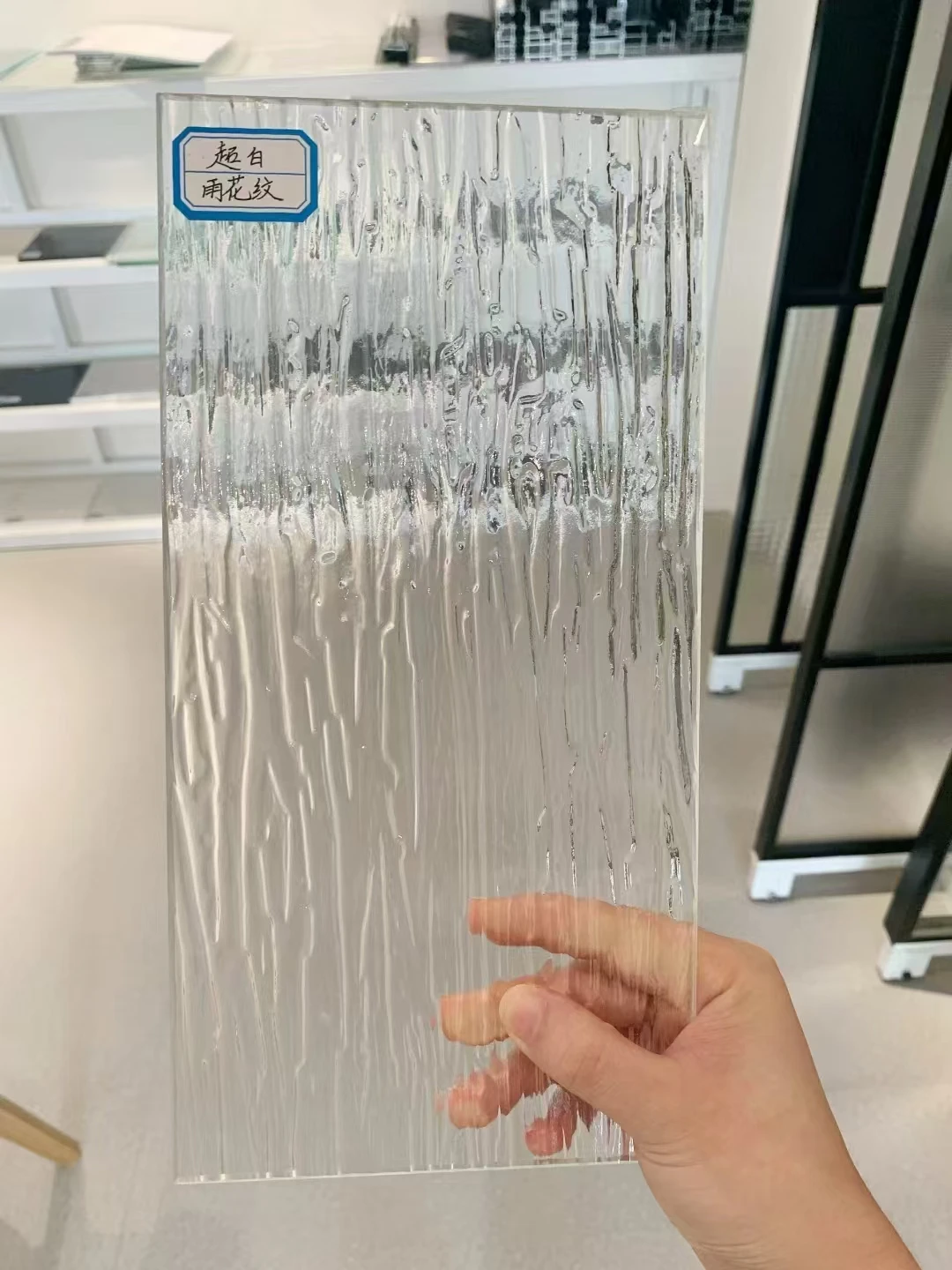Float Glass Manufacturing Plants An Overview
Float glass manufacturing is a pivotal process in the glass industry, playing a crucial role in producing flat glass for various applications, including windows, mirrors, and glass facades. The float glass process, developed in the mid-20th century, revolutionized glass production by allowing for the creation of high-quality, uniform glass sheets. This article explores the fundamentals of float glass manufacturing, its significance, and the innovations driving its development.
The Float Glass Process
The float glass process involves several key steps that transform raw materials into finished products. Initially, the primary components—silica sand, soda ash, and limestone—are mixed together. These raw materials are then heated in a glass furnace to temperatures exceeding 1,600 degrees Celsius (2,912 degrees Fahrenheit) until they melt into a molten glass.
Once the glass reaches a molten state, it is funneled onto a bed of molten tin in a controlled environment, where it spreads out to form a flat surface. This floating process is critical because it allows the glass to achieve a smooth, uniform thickness without the need for grinding or polishing. The molten glass remains on the tin bath for a specific duration, during which it cools slightly to maintain its flatness. After this stage, the glass is slowly cooled in a lehr, a long, temperature-controlled furnace that ensures the glass cools evenly, preventing internal stress and distortion.
Applications of Float Glass
Float glass has a wide array of applications due to its durability, clarity, and versatility. It is primarily used in the construction industry for windows and facades, providing energy efficiency and aesthetic appeal. The reflective properties of float glass make it ideal for mirrors and various decorative applications.
In addition to architectural uses, float glass is an essential material in the automotive sector. Car windows, windshields, and sunroofs are typically made from this glass, as it meets the necessary safety and performance standards. Furthermore, advancements in float glass technology have led to the development of insulated and energy-efficient glass, which enhances thermal performance in buildings, contributing to energy conservation efforts.
float glass manufacturing plant
Environmental Considerations
As with any industrial process, float glass manufacturing has its environmental challenges. The production process is energy-intensive and involves significant greenhouse gas emissions. However, many modern float glass plants are adopting sustainable practices to mitigate their environmental impact. This includes the use of recycled materials, energy-efficient furnaces, and improved waste management practices.
The recycling of glass is particularly noteworthy; cullet (recycled glass) can be used as a raw material in the float glass process, reducing the need for virgin materials and lowering overall energy consumption. This not only benefits the environment but also reduces production costs, making the manufacturing process more economically viable.
Innovations in Float Glass Manufacturing
Technological advancements continue to shape the float glass industry. Innovations such as automated manufacturing systems and real-time monitoring technologies are improving efficiency and product quality. Additionally, the development of smart glass technology, which can change its properties (such as transparency and insulation) in response to environmental conditions, is gaining traction. These innovations are setting the stage for a more dynamic and responsive glass manufacturing sector.
Conclusion
Float glass manufacturing plants are integral to producing high-quality flat glass essential for various industries. As the demand for sustainable and energy-efficient products grows, the float glass industry is evolving through innovations and advancements that prioritize environmental responsibility. By embracing technological advancements and sustainable practices, the future of float glass manufacturing looks promising, contributing to a more efficient and eco-friendly industrial landscape.
 Afrikaans
Afrikaans  Albanian
Albanian  Amharic
Amharic  Arabic
Arabic  Armenian
Armenian  Azerbaijani
Azerbaijani  Basque
Basque  Belarusian
Belarusian  Bengali
Bengali  Bosnian
Bosnian  Bulgarian
Bulgarian  Catalan
Catalan  Cebuano
Cebuano  Corsican
Corsican  Croatian
Croatian  Czech
Czech  Danish
Danish  Dutch
Dutch  English
English  Esperanto
Esperanto  Estonian
Estonian  Finnish
Finnish  French
French  Frisian
Frisian  Galician
Galician  Georgian
Georgian  German
German  Greek
Greek  Gujarati
Gujarati  Haitian Creole
Haitian Creole  hausa
hausa  hawaiian
hawaiian  Hebrew
Hebrew  Hindi
Hindi  Miao
Miao  Hungarian
Hungarian  Icelandic
Icelandic  igbo
igbo  Indonesian
Indonesian  irish
irish  Italian
Italian  Japanese
Japanese  Javanese
Javanese  Kannada
Kannada  kazakh
kazakh  Khmer
Khmer  Rwandese
Rwandese  Korean
Korean  Kurdish
Kurdish  Kyrgyz
Kyrgyz  Lao
Lao  Latin
Latin  Latvian
Latvian  Lithuanian
Lithuanian  Luxembourgish
Luxembourgish  Macedonian
Macedonian  Malgashi
Malgashi  Malay
Malay  Malayalam
Malayalam  Maltese
Maltese  Maori
Maori  Marathi
Marathi  Mongolian
Mongolian  Myanmar
Myanmar  Nepali
Nepali  Norwegian
Norwegian  Norwegian
Norwegian  Occitan
Occitan  Pashto
Pashto  Persian
Persian  Polish
Polish  Portuguese
Portuguese  Punjabi
Punjabi  Romanian
Romanian  Russian
Russian  Samoan
Samoan  Scottish Gaelic
Scottish Gaelic  Serbian
Serbian  Sesotho
Sesotho  Shona
Shona  Sindhi
Sindhi  Sinhala
Sinhala  Slovak
Slovak  Slovenian
Slovenian  Somali
Somali  Spanish
Spanish  Sundanese
Sundanese  Swahili
Swahili  Swedish
Swedish  Tagalog
Tagalog  Tajik
Tajik  Tamil
Tamil  Tatar
Tatar  Telugu
Telugu  Thai
Thai  Turkish
Turkish  Turkmen
Turkmen  Ukrainian
Ukrainian  Urdu
Urdu  Uighur
Uighur  Uzbek
Uzbek  Vietnamese
Vietnamese  Welsh
Welsh  Bantu
Bantu  Yiddish
Yiddish  Yoruba
Yoruba  Zulu
Zulu 

